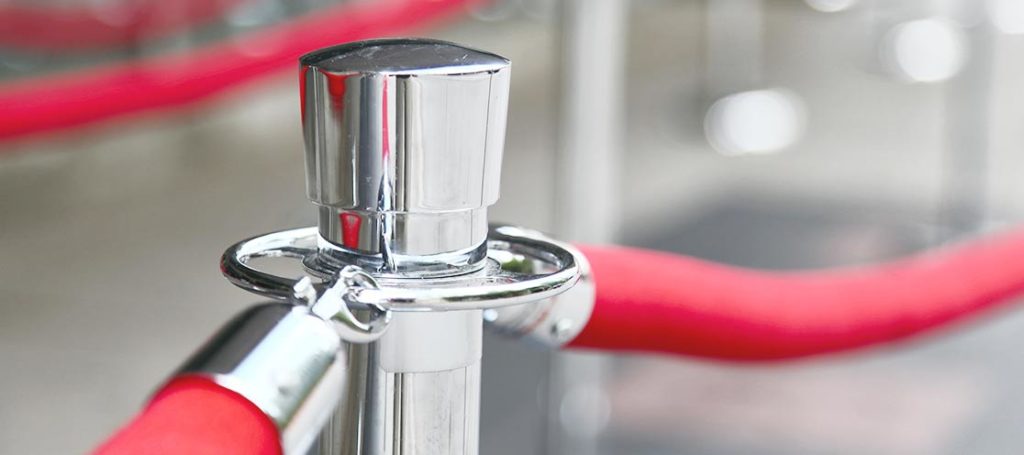*This article was originally published on Forty.co. Forty is now Crowd Favorite.
Picture the scene: You’re leading a project, and you’ve got all the plans in place.
Everything is going smoothly (cue ominous music)…until you notice your to-do list has failed you. You break into a cold sweat as you realize you needed to do something, and it’s due NOW. We’ve all been in that “oh crap” moment, where a task slipped our minds, or we discover an item we didn’t know we needed. We’ll just speed everything up, right? Maybe, but that’s not always the best answer.
Although it may seem like rushing makes sense in your moment of panic, it usually ends up costing more money, causing more frustration, and not turning out how you or your client wants it.
Projects range across the board, from those with robust scopes and long timelines to those that are flexible and constructed iteratively. Some people work better under pressure, but often people don’t realize rushing the creative process (or any process, really) will rarely help achieve the goal without consequences. You may meet your deadline, but something has been compromised, whether it’s the quality, cost, due diligence, or even your sanity.
“Think about an architect or a builder. Do you want to risk the building’s safety or quality just to shave a few days off the timeline?”
Think about an architect or a builder. Lots of times they feel rushed to finish the blueprints or complete construction to meet a grand opening or hard deadline. They may be able to speed up the process, but do you really want them to? Do you want to risk the building’s safety or quality just to shave a few days off the timeline? My guess is the answer would be, “no.” (If yours was “yes,” consider the Lotus Riverside apartment collapse in Shanghai, the Hyatt Regency walkway failure, or the Leaning Tower of Pisa.)
We’re not in the building business (although there are lots of parallels), but we’ve found similar results. The project triangle shows three project attributes – fast, good, and cheap. But you can only choose two. This is equally true when it comes to the type of work we do at Forty: we can work within your timeline, scope, or budget, but you have to prioritize two attributes.
Our team can work with short turnaround times, but we’ve noticed several compromises:
- It requires more coordination since there are lots of moving pieces that must align in a short period of time.
- We often have to make assumptions, proceed without full approval, or forego looking at the big picture to meet the deadline.
- We don’t have time to collaborate with each other or the client, so we don’t get to fully develop our ideas.
- There’s usually lots of disruptive back and forth communication between us and the client, several revisions (which may take just as much time as doing it the first time), and, in the end, more money spent than expected.
Emergencies come up. Like any consultant or creative partner, we understand this and can complete high-quality work quickly. However, it’s in the best interest of all people involved to set realistic expectations, plan ahead, and take these “emergencies” in stride. After all, we want to build you the Eiffel Tower, not one of those disasters above.
Written by
Shaina Rozen
Former Communication Director
The same team and processes that made Forty synonymous with high-quality UX design and content strategy have been extended through integration with Crowd Favorite.
If you have a digital project in mind, now’s a great time to reach out!





